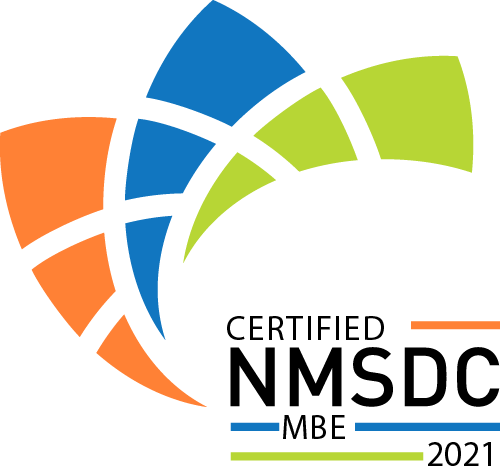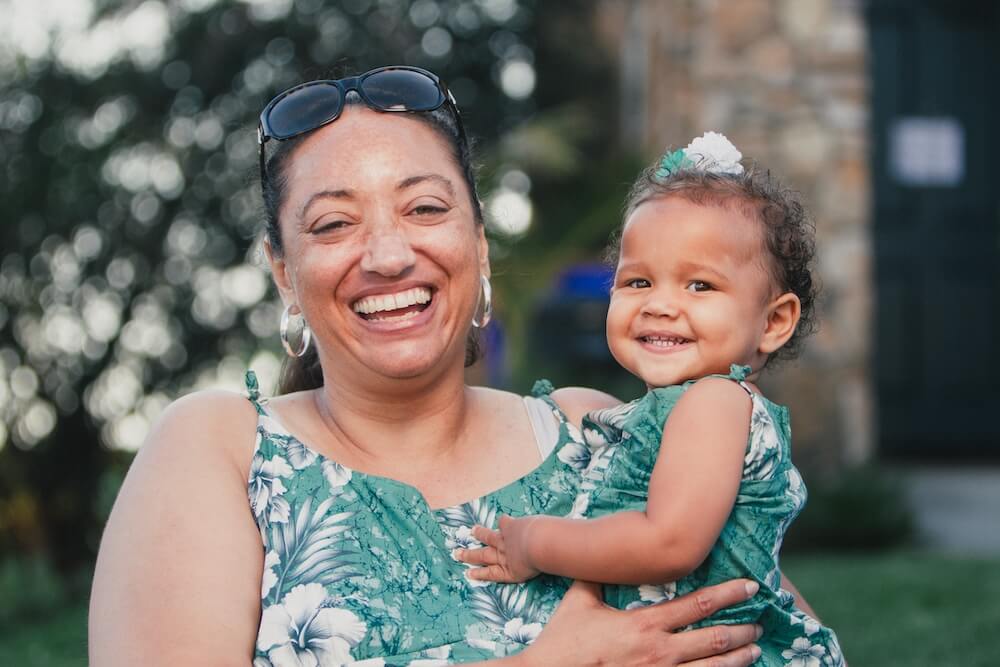Patient privacy is essential, whether the patient visits a medical office or speaks with a health care professional virtually. Recently, in response to COVID-19, President Donald Trump deregulated different aspects of telehealth in order to expand access to remote health services. Because of that, the field has become more crowded and privacy and security protections vary by platform.
Tommy Duncan, CEO of Jetdoc, says that people considering using telemedicine services should first ensure that their information will be kept private and secure. “Telehealth visits offer patients access to healthcare providers in minutes, and can save time and money,” says Duncan. “But if we’re not protecting the patient’s privacy, then none of the above matters.”
When Duncan set out to build Jetdoc, patient privacy informed every step of the process. “Everything that we’ve created has been done first and foremost with an eye to keeping patient privacy secure,” says Duncan. “Privacy is paramount.”
We asked Duncan to share some insights on patient privacy protection in telehealth. Here’s what he said.
When it comes to telemedicine, HIPAA violations are a real concern. How does Jetdoc protect patients when it comes to HIPAA security rules and other requirements?
Jetdoc adheres to the Health Insurance Portability and Accountability Act of 1996 (HIPAA) requirements, which protect the privacy and security of certain health information, and also complies with the Health Information Technology for Economic and Clinical Health Act (HITECH Act), which is part of the American Recovery and Reinvestment Act of 2009 and addresses privacy and security concerns around the electronic transmission of health information. Jetdoc is also compliant with a number of other national and international privacy standards that revolve around payment, data management and more.
How does Jetdoc protect patient privacy when it comes to data?
Patient privacy is incorporated into every aspect of Jetdoc. Data is fully encrypted, and it is only ever secured on HIPAA-compliant encrypted servers. There are also multi-factor authentication steps on the provider side and the patient side.
Is video of the virtual visit stored anywhere?
No, we do not save a copy of the video.
What questions should patients ask telehealth providers when it comes to privacy and security?
Patients should ask the following:
- Are you HIPAA compliant?
- Are you HITECH compliant?
- Will my information be shared?
- With whom will my information be shared?
- Do I own and have access to my information in the future?
- Who is the medical professional I’m speaking to?
- Where is the medical professional I’m speaking to?
- Is that professional certified or qualified?
- Are they licensed
- Can they write prescriptions?
If a patient is satisfied with the answers to those questions, then they’re ready to experience the convenience of virtual healthcare visits.
To learn more about Jetdoc’s private, secure telehealth services follow us on Twitter, Instagram and Facebook @myJetdoc.

